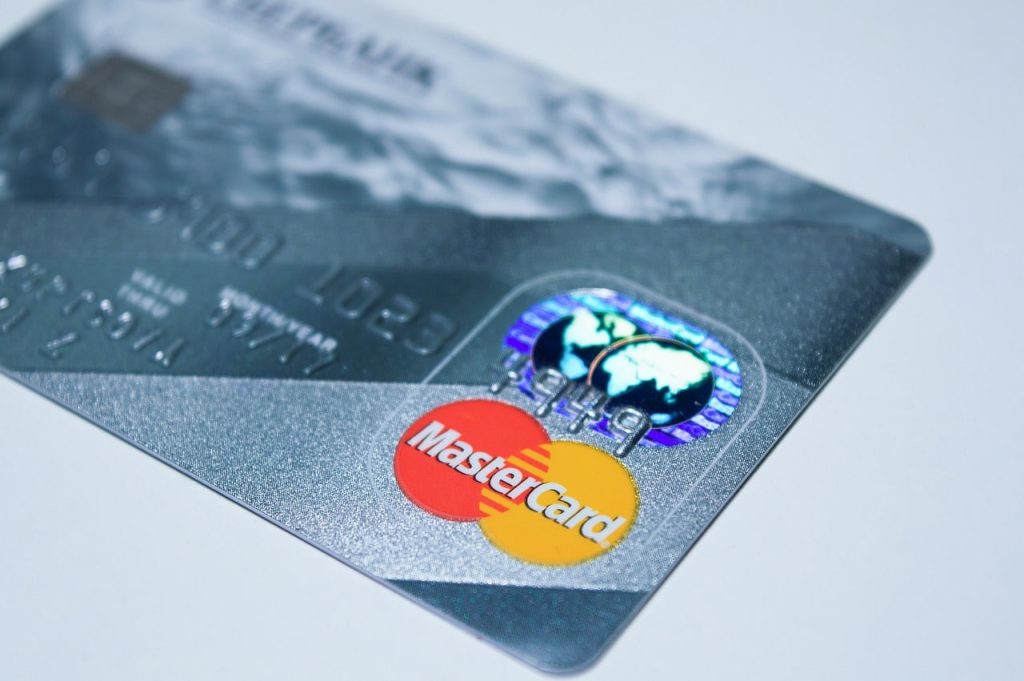
Source: Pixabay / AKuptsova
With the launch of Mastercard’s new “Crypto Credential” service, peer-to-peer cryptocurrency transfers are now much more user-friendly for regular users.
By using a Mastercard Crypto Credential Alias instead of blockchain addresses—which are lengthy, confusing strings of random numbers and letters—users of specific cryptocurrency exchanges can now send and receive digital assets thanks to a new service from the leading payment company.
Mastercards’s Crypto Credential Service
“Sending blockchain transactions is now safe, transparent, and accessible thanks to this solution, which not only replaces complicated wallet addresses with user-friendly aliases,” tweeted Mastercard on Wednesday.
Mastercard Crypto Credential has gone live with its first peer-to-peer transactions! This solution not only replaces complex wallet addresses with user-friendly aliases, but also makes sending #blockchain transactions secure, transparent and accessible.
— Mastercard News (@MastercardNews) May 29, 2024
Learn more:… pic.twitter.com/WgY6aTaQHP
Following an initial verification process via Mastercard’s standards, users of the service are issued an alias by the organization. The application then confirms that the recipient’s network address supports the associated token and transaction blockchain, and that the user’s alias is legitimate, the next time they send cryptocurrency.
If the recipient’s address does not support the sender’s asset or network, the transaction will simply not proceed, saving money from being lost as a result of related user errors. Additionally, aliases can guard against address poisoning scams, in which hackers deceive wallet users into sending money to an address that looks a lot like their own.
As of right now, Bit2Me, Lirium, and Mercado Bitcoin exchanges offer the service. Brazil, Chile, France, Guatemala, Mexico, Panama, Paraguay, Peru, Portugal, Spain, Switzerland, and Uruguay are among the nations where it will soon be accessible.
A company representative told Decrypt that more European nations would be added later.
Mastercard’s Widespread Crypto Foray
“The P2P transaction is the first of many possible use cases that Mastercard Crypto Credential aims to support,” the firm said. “Others may extend to NFTs, ticketing, and other payments solutions depending on market and compliance requirements.”
Additionally, Foxbit and Lulubit wallet support is provided by the Crypto Credential service; the latter gains from its integration with the Lirium exchange.
Martin Kopacz, chief operating officer of Lirium, stated, “With Mastercard Crypto Credential, we can ensure the traceability of all blockchain transactions with a higher level of compliance, while also providing an exceptional user experience.”
In an effort to test distributed ledger technology for settling digital asset transfers between the companies, Mastercard joined a group of large banks earlier this month. Investment-grade debt, US Treasury bills, commercial bank money, and central bank money are among the assets on the test network. These assets are typically traded through different systems.















1 Comment